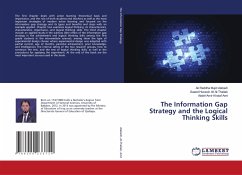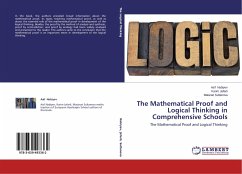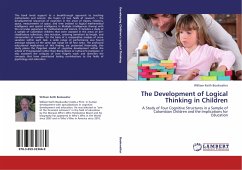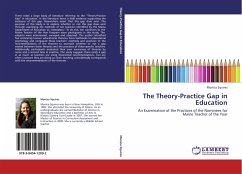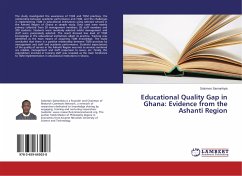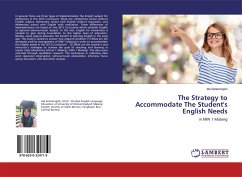The first chapter deals with active learning theoretical basis and importance, and the role of both students and teachers as well as the most important strategies of modern active learning and focused on the information gap strategy and its types and benefits and steps with an example applied. Chapter two examines logical thinking, its characteristics, characteristics, importance, and logical thinking skills. The third chapter include an applied study in the sciences ((the effect of the information gap strategy in the achievement and logical thinking skills among the first grade students in the intermediate science), among them the type of experimental design chosen where experimental design was adopted with partial control, age of months, parental achievement, prior knowledge, and intelligence), the internal safety of the two research groups, how to construct the test, and the test of logical thinking skills, as well as the procedures for applying the experiment. At the end of the book are the most important sources used in the book.The first chapter deals with active learning theoretical basis and importance, and the role of both students and teachers as well as the most important strategies of modern active learning and focused on the information gap strategy and its types and benefits and steps with an example applied. Chapter two examines logical thinking, its characteristics, characteristics, importance, and logical thinking skills. The third chapter include an applied study in the sciences ((the effect of the information gap strategy in the achievement and logical thinking skills among the first grade students in the intermediate science), among them the type of experimental design chosen where experimental design was adopted with partial control, age of months, parental achievement, prior knowledge, and intelligence), the internal safety of the two research groups, how to construct the test, and the test of logical thinking skills, as well as the procedures for applying the experiment. At the end of the book are the most important sources used in the book.

